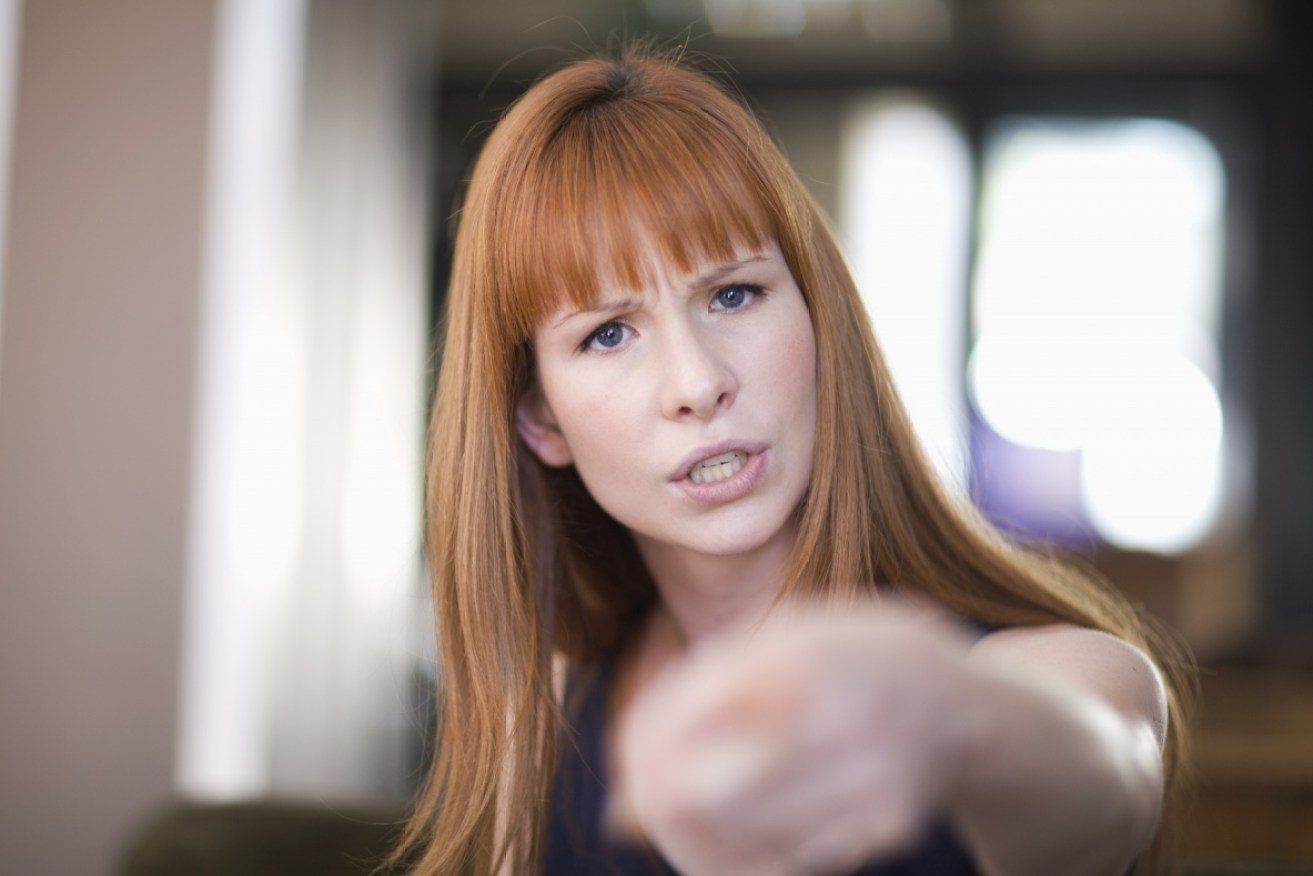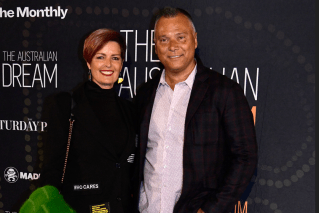‘You can’t talk to me like that!’ But in this post-etiquette age, that’s how it goes


"That's Professor Jones to you, young lady!" Photo: Getty
In pondering a world run amok with serial killers and drug fiends, Tommy Lee Jones, in No Country For Old Men, laments: “Once you quit hearing ‘sir’ and ‘ma’am’, the rest is soon to follow.’’
When did we lose our way and start calling each other by our first names instead of Mister and Missus?
And what about those university students who don’t say Doctor or Professor anymore? In the US, academics have begun insisting on their students calling them by their official title.
According to a New York Times story, “U Can’t Talk to Ur Professor That Way,’’ some academics are including rules of etiquette in their syllabus, and a subtle push to make clear the teacher-student relationship isn’t an equal one. Somebody has to be in charge.
The author of the Times piece, teacher Molly Worthen, notes: “I suspect that most of the time, students who call faculty members by their first names… are not seeking a more casual rapport. They just don’t know they should do otherwise — no one has bothered to explain it to them.’’
Australia’s professional etiquette teachers agree.
On Sunday, a group of Melbourne children, aged seven to nine, are lining up for a lesson in honorifics, the titles that journalists confer on the people they write about, but largely fail to use them in real life.
The children will be learning to “hold back and err on the side of caution when being introduced to someone new,’’ says Ana Retallack, formerly of Buckingham Palace, where she organised ceremonial events, including the 1997 funeral of Princess Diana.
Ms Retallack, now director of The Standard Companion, says children will initially stare at her “blankly’’ when she talks about calling people Mister and Missus being the safer way to go. She explains to her students that it’s not only polite, but good social strategy.

Ana Retallack, former manners guru to Buckingham Palace.
Sunday’s lesson, the Essentials of Social Etiquette, includes “elements of a proper handshake”.
Anna Musson is head of The Good Manners Company, based in Sydney. She believes the influence of American culture and rise of young entrepreneurs has had a “pervasive effect’’ on our social sense of appropriateness.
“We dress more casually, speak more casually and in many cases have cast off the appearance of formality in every aspect of life,’’ says Ms Musson.
“While there are positives to this, there is a skill to showing respect and familiarity at the same time which should not be lost. For example, young children are today often introduced to elders often just by their first names, without consulting the elder by which reference they would like to be addressed.’’
While change often brings refreshment, she says, etiquette would suggest we refer to a person the way they would like to addressed, not the way that suits the speaker.
“Good manners is about putting the other person first, and it is this deference that suggests a civilised society,’’ says Musson.
Treska Roden is head of Sydney College of Etiquette. She agrees that the common courtesy of honorifics has gone out of fashion in recent years.
“This is a shame because it is the very first indicator of respect, and sets the tone for the conversation and the relationship,’’ she says.
If there’s one person who should be reading this story, it’s every waiter in the world who welcomes you with: “Can I get you started with some coffees, guys?’’
God help us.








